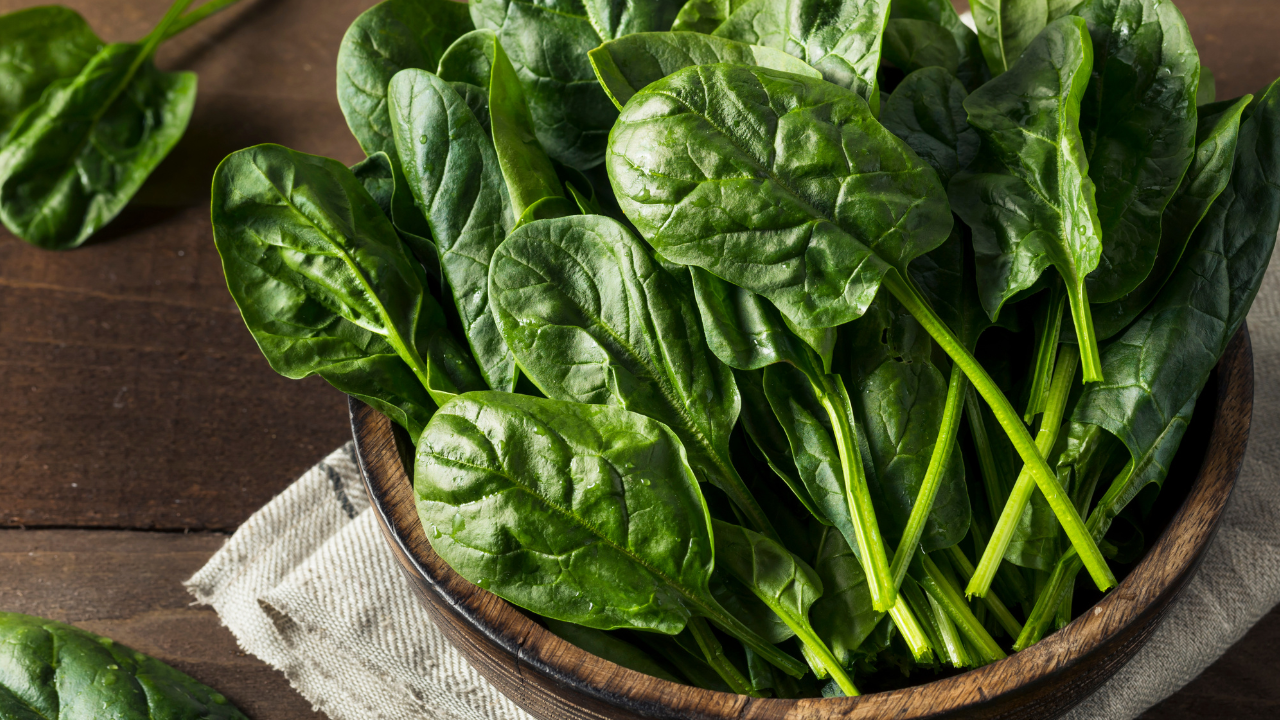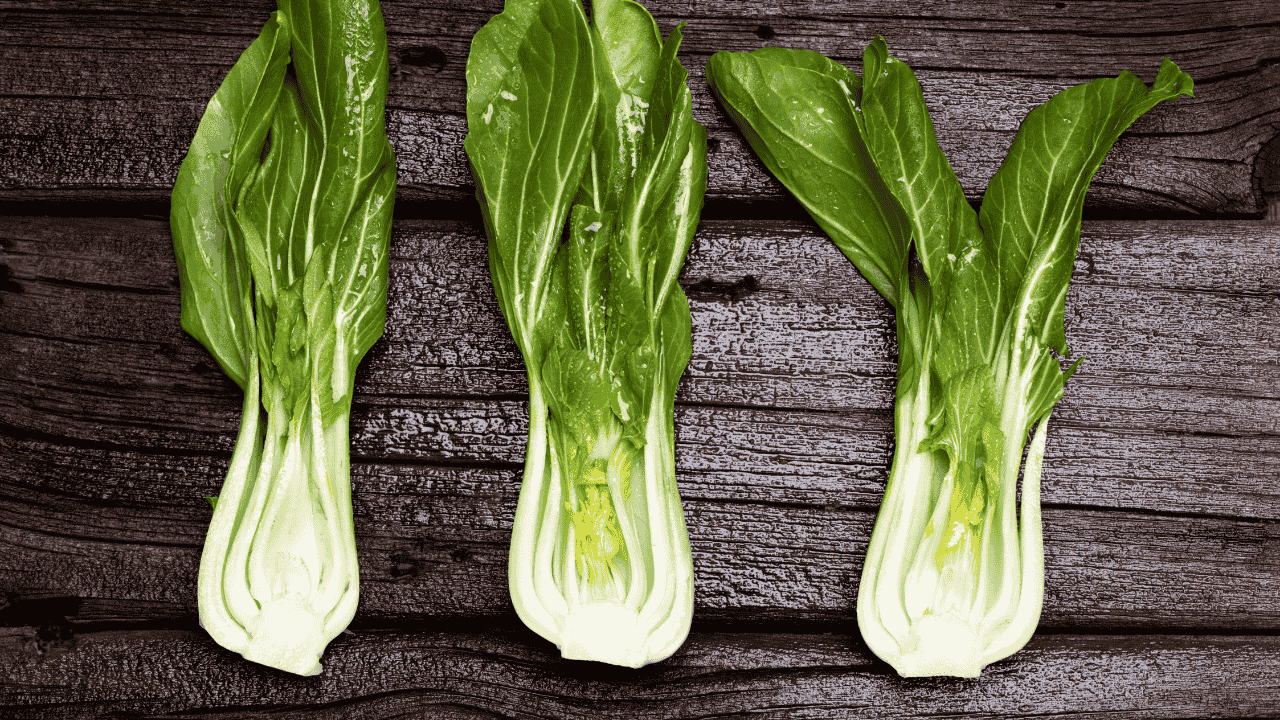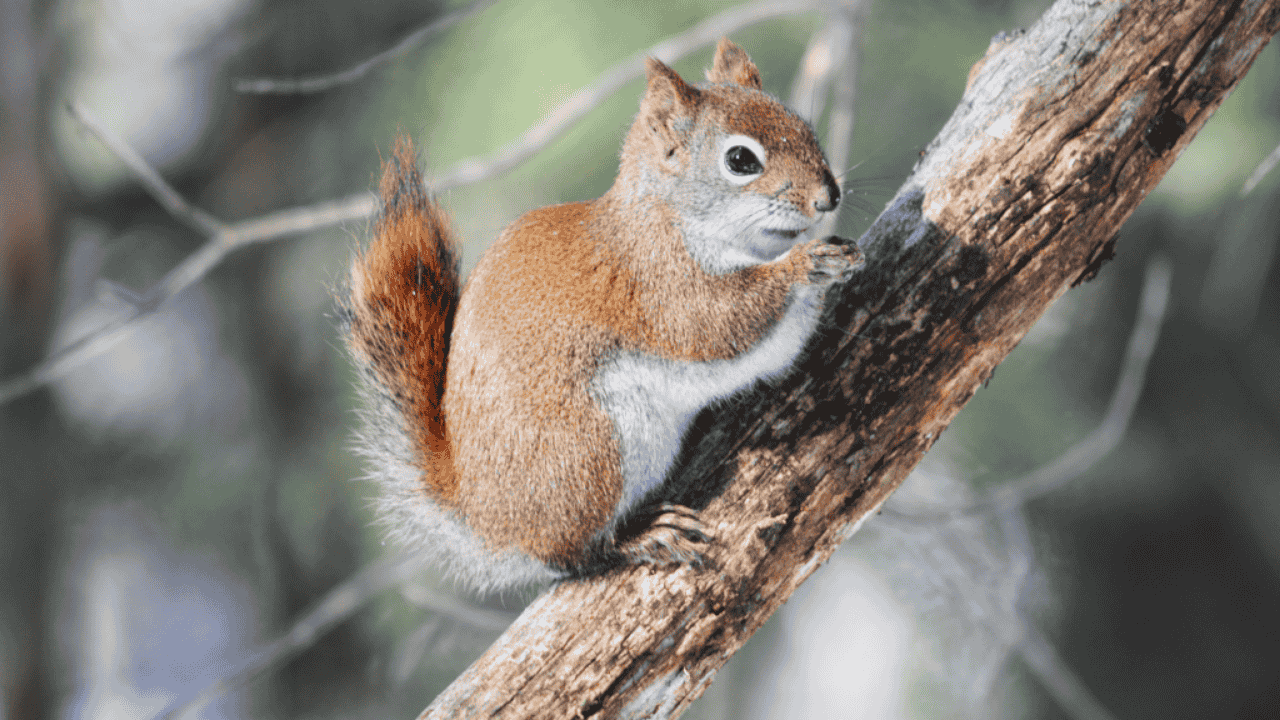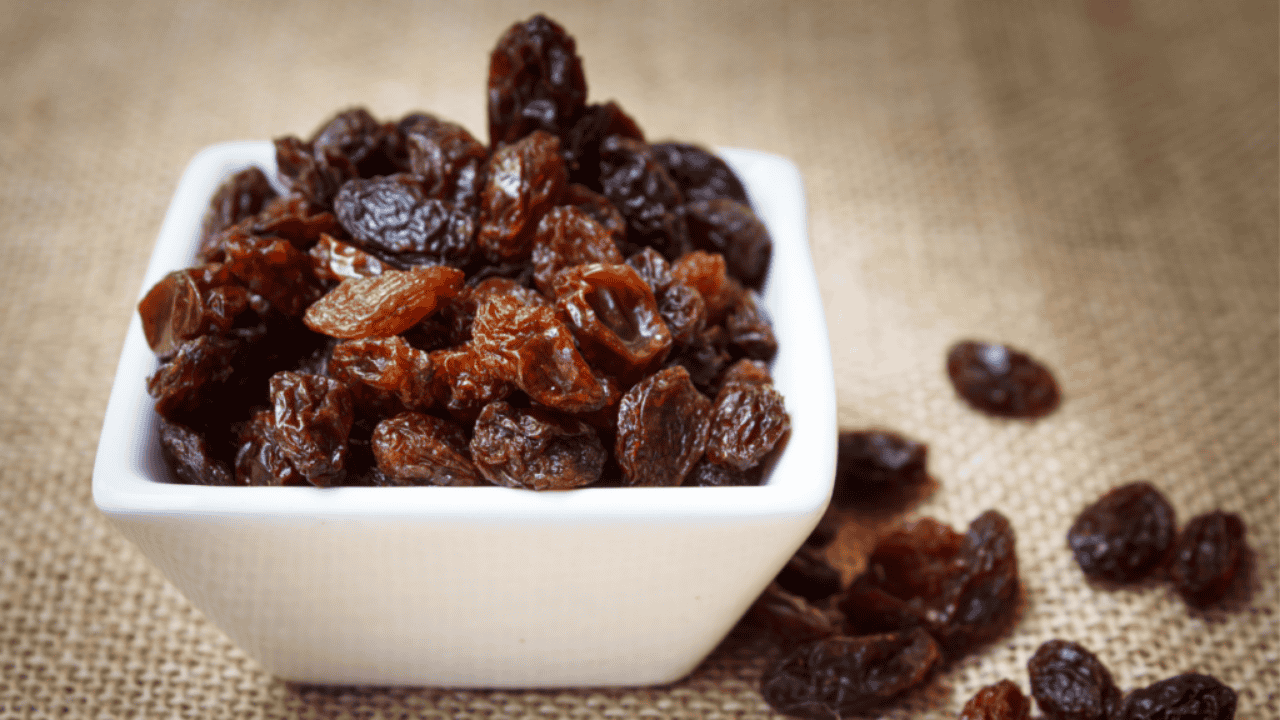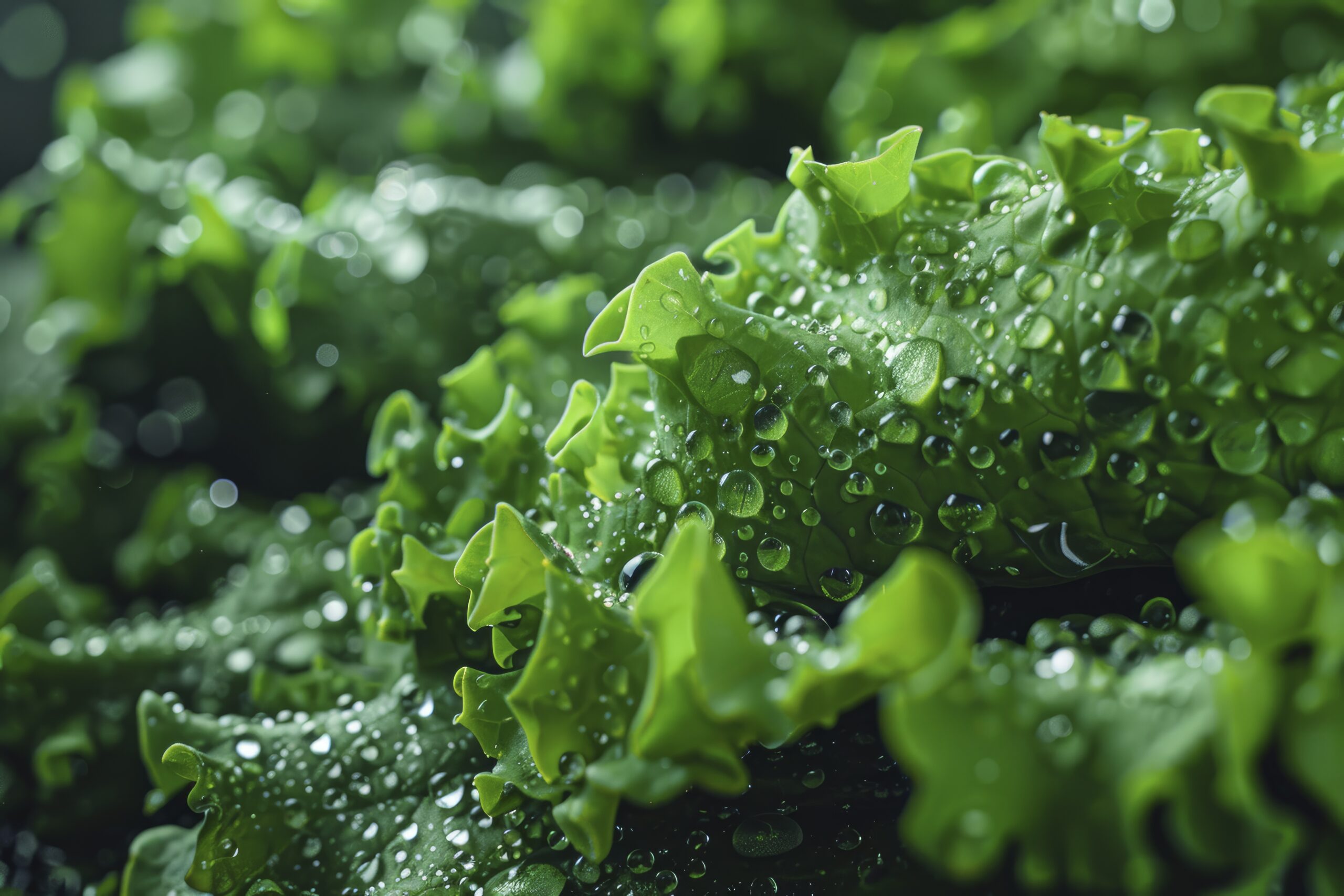
Can rabbits eat spinach, spinach leaves, roots, stems, or stalks?
Fresh foods which are given to the rabbits have to be accustom with the least amount of sugar and starchy foods. And in terms or relative to the real bad list spinach is not there. But they are good for it though you should give it in limited quantities as they contain a higher level of oxalic acid.
Can bunnies eat spinach?
It is a yes answer but a qualified one at that. Yes it is because rabbits can feed on it but it is no because they have to take in less quantity of spinach than any other similar vegetables. Why? Spinach provides a lot of vitamins and nutritious components, but it contains more oxalates therefore, this kind of vegetable must be consumed in limited measures.
Vegetables should be washed prior to being offered to your pet rabbit. You will wash the vegetables from dirt, but also wash off the toxins and other chemicals from the surface. It is ideal that you purchase organic vegetables when you have the chance or as much as you can. Pesticides are dangerous to Rabbit and its digestive systems because it affects digestive move quickly.
FOR MORE INFORMATION about Rabbit’s
Related:Can Rabbits Eat Cherries?

Here is the problem with spinach, The overused adage has now become the butt of all jokes. You will notice that oxalic acid has the ability to combine Calcium/Magnesium/other minerals hence the two mentioned will not be soluble. Hence, it decreases the chances of employing them in the bone structure. It might deposit in the bladder and form stones which are called bladder stones due to the calcium presence.
The stalks and stems are richer in fiber than the leaves; thus, a big advantage for rabbits. Roots have more sugar content inside because they retain energy in them,thus it is wise to chop them off.

Why are oxalates bad for rabbits or humans?
Spinach is also very rich in the prog Beta-carotene (provitamin A) which is vital in body development. This also contains a rich amount of other vitamins (C, E, K etc) and minerals and other nutrients such as Calcium, Iron, Magnesium, Folic Acid, Potassium etc that is essential for a rabbit’s health. But apart from these healthy elements, spinach also contains oxalates that are bad in large amounts.
Oxalates are not poisons as people manage to consider them, not as pesticides or toxic plants (eggplants, potatoes, and tomatoes). Oxalates are food toxic substances which are organic acids which affect normal urinal tract in rabbit and causes itch in skin or mouth if consumed in large quantities. However, it is something which should not be completely shunned when feeding your house rabbit. To make finer distinction, the spinach offers the following good

Therefore, should your rabbit take spinach all through, oxalate can become poisonous to your pet. In addition to these foods there are also others that contain oxalates. Therefore you should avoid give them both to them at the same time. Here is a list of these leafy greens:Here is a list of these leafy greens:
– parsley;
– mustard greens;
– radish tops;
– Beet greens (read more about them);
– Swiss chard;
– sprouts.
It may also be found in asparagus, broccoli, celery, cabbage, cauliflower, turnips, berries, and carrots, but in smaller amounts.
The one that we really don’t recommend neither in small amount is rhubarb. It contains far too much oxalic acid than you or your rabbit should consume or ingest for that matter.
The best feeding recommendations are:
1. Each day you should eat 3-5 servings of leafy green vegetables – only one of these should be from the first list above. They should not be the same green all the week while preparing it for their cows and bull. Mix it up. Variety is key. It also shows good combination with it’s spinach portion especially watercress and rocket.
2. An estimated amount of greens to feed would be about one cup of greens per two pounds of body weight of rabbit per day or in several splits in the day.
3. If one day you feed too much avoid them in the next period of time.
4.Taking care of your hare spinach one time per week, two times and no more, is sufficient.
It is advisable feed spinach in the late season other than the early spring and summer in order to reduce oxalates. Spinach is one vegetable that is not so good to be planted during winter. In addition to the season, oxalic acid content is known to be influenced by the type of soils that are in contact with the fruit surface. When it comes to the vegetables, the age of the vegetable really does not seem to be major criteria in the end.
Can rabbits eat spinach and kale?
That is why there is controversy over the actual content of oxalates in kale. Other greens vegetables such as Kale that is commonly categorized under the high oxalate list of the present vegetables is in fact low in oxalates.
On the evidence of UDPA, 100 grams or kale contain 20 milligrams of oxalic acid and 100 grams of spinach holds 970 milligrams of oxalates.
Can rabbits eat baby/young spinach?
There had been researchers showing that:
– baby spinach had the lowest oxalates and the highest pH;
– the older leaves had the highest oxalates and the lowest pH.
However, other authors have underscored the opposite as can be seen below. We can not know for sure how much oxalates are in baby spinach as it may vary whether it is seasonally, in the soil, or otherwise.
How Can Rabbits Enjoy Canned and Cooked Spinach?
They are also ill suited to digesting cooked food in its place seeing as the ground up version still retains all the insoluble properties of a tough solid food preparation. One is not clearly sure whether heat treatment can help reduce oxalic acid level in spinach but whichever may be the outcome, you should not ever present it cooked to your bunny. Canned spinach is another cooked spinach with addition of salt and water as a part of the preparation process. Spinach should be eaten raw and they will even prefer it this way because of the benefits associated with it.

Can rabbits eat frozen spinach?

We do not have frozen veggies such as spinach and other green leaves including silver chard, except kale. When preparing kale, it is possible to freeze and its texture does not seem to be a problem much. All are left with less fiber and they hindered to have a strange taste of starchy substance. You may want to think twice before putting up a bunny veggie garden which consists of basil leaves, cilantro leaves, parsley and rosemary etc. Or if you cannot make the shopping trip for some veggies, for one time only give him some kale from the freezer. You can decide to also left it for a few days if you don’t want to go through it. Water, hay and a couple of handfuls of high fiber pellets will clean the clock!
The fresher, the better
Your bunny will be more comfortable with eating fresh portion of spinach than the one which is molded or has turned yellow. It is important to note that if spinach is piled together it turns to mold. Field rabbits are very selective in the fermented foods they take. Het may not refuse wilted spinach but it is not good for him at all. You also have to avoid that one as well.
Can wild rabbits eat spinach?
Yes, they can, but be careful not to introduce spinach or other vegetables too quickly to them. Wild rabbits are not used to vegetables like this, with lots of nutrients, and can get diarrhea.

Other types of spinach plants (water spinach, Malabar spinach, mustard spinach) seem to be as reliable as the regular spinach. Still, when it comes to different variations of plants is better to avoid them if you don’t know rightly how they were planted, grown, or harvested.

